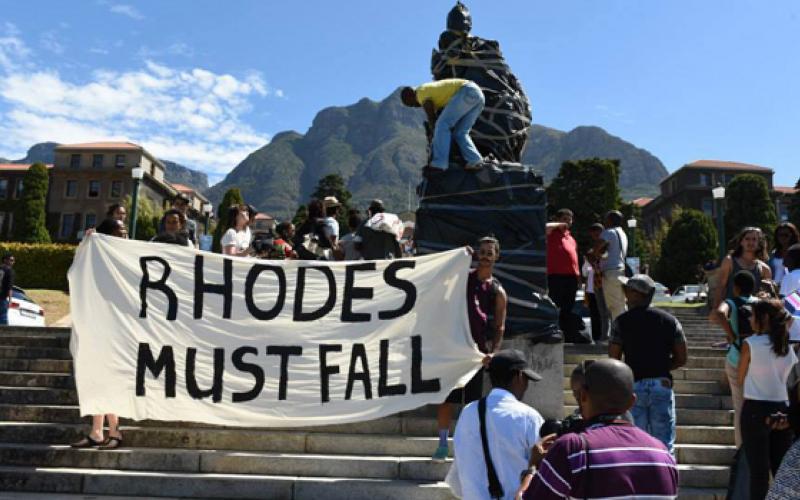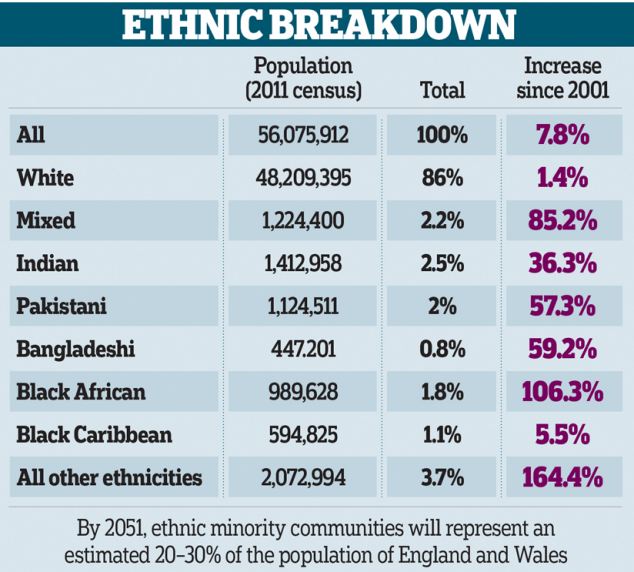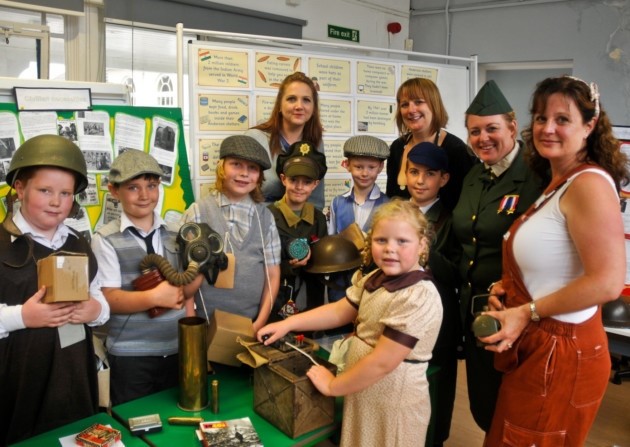By Tanya Mwamuka
In the last few years, there has been a campaign for greater inclusivity in nearly all sectors such as film, fashion and now education. A global movement starting from the US has inspired other western nations including the UK to demand for the decolonisation of higher education. But what does that mean? Destruction of whiteness, the end to “British” history? The matter of fact is that it can have an array of different meanings. For many decolonisation is the removal of plaques and statues that commemorate institutional sponsors who rose to fame and fortune through the exploitation of “colonies”. At Oxford University and The University of Cape Town the campaign “Rhodes must fall” aimed to have the statues of imperialist Cecil Rhodes removed. Numerous US Universities requested that buildings founded on the financial legacy of the slave trade should be renamed. Other campaigns took a different approach, for example, SOAS University of London campaigned for the broadening of the curriculum in which minority writers and the works of non-Eurocentric philosophers would be included.

Fight for Inclusivity & The Importance of Representation.
Campaigns such as “Why is My curriculum white” aims to dismantle the idea that Eurocentric ideology, philosophy and learning within academia should be seen as the universal standard or as superior. The request to broaden reading lists, and subjects to include minority writers and philosophers stems from the need for greater representation in an increasingly diverse society. Rewind 50 years ago this conversation may not have been relevant but it is of important value now. In the US the minority share was at approximately 17% but in 2010 it was at 40%. In the UK the proportions are not as extreme but still follow a similar trend with people of Asian background increasing by 400,000 since 2001. Decolonising the curriculum enables self-understanding of those groups who very rarely see themselves portrayed in conventional learning. UK society comprised of people from different races. knowledge and culture have been collectively formed through the work of minorities. Rightfully ethnic minorities have just as much right as white elite males to see how they have contributed to artistic and intellectual understanding.

It’s More Than Just About Higher Education
Whilst the movement itself centres around university education, I think it is equally important to talk about how colonial history and culture are rooted in the very basics of primary education. Let’s take history for example, British history is always at the forefront and of course, being that we live in the UK it makes sense to learn about the history of this country.
Ethnic minorities have played important roles in UK history but we do not learn about this. We learn to respect White war veterans during remembrance day but nothing is said about the 87,000 allied Indian Soldiers who died fighting to liberate this country. We learn about the White female “home force” but nothing about the Black Windrush Generation who helped rebuild this country after WWII. My point is that the two examples above are just as much part of UK history as Henry VIII was. This is why a more inclusive curriculum is needed.We need to learn topics that reflect the diversity of this country as ethnic minorities have equally contributed to its History.

Is Dismantling Statues and Plaques Erasing History?
I do wonder if the removal of statues and plaques almost washes away history in itself? It’s one thing to campaign for more inclusivity but removing memorials almost sets us back and says these people and their actions did not exist. On the contrary, do these statues really tell the full story of history? More than often plaques and statues of slave owners and imperialists celebrate the actions of these people marking their controversies as achievements rather than atrocities. So as you can imagine seeing the monuments in celebration of your exploitation is a reminder of pain rather than history to many minorities. What I’d like to see is a compromise in which the statues are removed and perhaps put in museums. While I understand why they should no longer be glorified by our institutions I do think they hold important lessons and shouldn’t be erased.
Tanya is currently studying Biomedical Sciences at the University of Manchester. She is a lover of fashion, travelling, history and has a keen interest in racial/social issues. She enjoys learning languages and is fluent in two.


